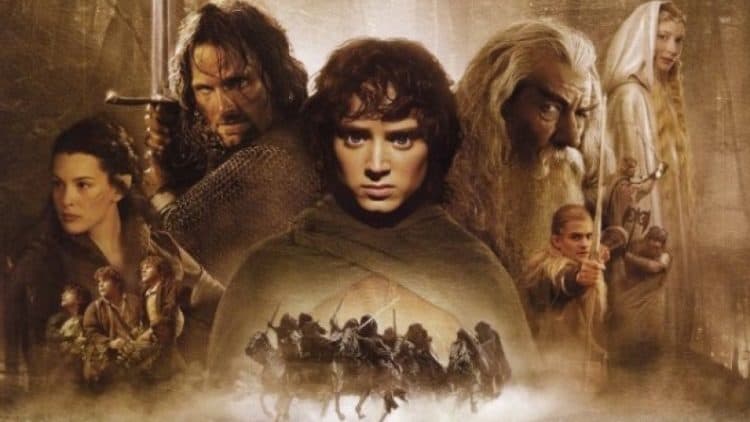
Amazon’s upcoming The Lord of the Rings series has an almighty task on its hands. The Patrick McKay and John D. Payne-created show will be released within less than twenty years of Peter Jackson’s epic $281 million budgeted trilogy, which was released to great popular and critical acclaim. Consider this: in a survey released last week, British Film Magazine Empire ranked The Lord of the Rings: The Fellowship of The Ring as the second greatest film of the 21st Century. This is a big reputation to live up to, with many viewers perhaps even unable to imagine a depiction of Middle-Earth that isn’t somewhat related to Peter Jackson’s visionary trilogy.
Nonetheless, both Ralph Bakshi’s 1978 film and the 2002 video game adaption of The Fellowship of the Ring (with no relation to the film released the year beforehand) prove, there are always ways to visit Middle-Earth without treading on Peter Jackson’s toes.
As someone who has obsessively reread the original trilogy by J.R.R Tolkien, I believe that there are plenty of avenues for the television series to strike its own path. The Amazon show won’t be a hit by trying to be like Peter Jackson; it’ll succeed by being a slow-burning TV show, using the small screen format to fully explore the huge world of Middle-Earth, including all its nooks and crannies, three-dimensional side characters and homely charm, achieving a sense of intimacy that the films – strained by their runtime – simply couldn’t. Here are five ways in particular that the TV show could improve on the films.
Tom Bombadil
Of all the side characters excised from the films, such as Radagast the Brown, Fatty Bolger and Farmer Maggot, Tom Bombadil’s removal hurt the most. In cinematic terms, this made sense: the plump and jolly man from the Old Forest does little to move the narrative on, instead serving as a grand, wise old spirit who helps the Hobbits understand the importance of their quest. Nonetheless, he deserves to have at least a couple of episodes to himself in the television adaptation due to the force of his charming character and the way he embodies the folksy vibe of Middle-Earth before all the really serious stuff kicks in. This of course means:
Including the Songs
Perhaps the hardest challenge for those acquainted with the original trilogy is creating musical themes with no relation to Howard Shore’s sweeping Wagnerian score. One clever way however is to bring back the numerous poems and songs from the novels that were removed by Jackson. Numerous in number, these poems and verses within the novel help to flesh out the mythology of the world, often filling out important backstories in the process. Having the narrative stop several times so someone could sing would’ve made the film trilogy unnecessarily, perhaps even twice as, long; nonetheless, within the context of a TV series, the songs – perhaps one or two an episode – could make the show stand out as its own, unique spin on the original novel.
Scouring of The Shire
What happens after the world is saved from evil? According to the films of the Lord of The Rings, everything goes back to normal again. This isn’t the case in the book, where the Hobbits, upon returning to the Shire, find that their beloved homeland has been taken over by a group of Ruffians, led by the mysterious Sharkey. It’s a far more mature ending than the films, showing that one’s problems do not simply end after the destruction of one object, but that the complexity of the world demands constant vigilance against outside threats in order to make it a better place. By including this ending, the TV show could position itself as a more mature adaptation than the original, winning over more hardcore Tolkien fans in the process.
Sympathy for the Orc
In the Lord of the Rings films, there are no orcs who you could really say are complex characters. With their cockney accents and ugly faces, they are supposed to be pure manifestations of corruption and destitution, making it easier to root for Aragorn and Legolas when they hunt them down in their droves. The books make space though for some Orcs to have their own fleshed-out characters. The best example, of course, are the two Orc captains Shagrat and Gorbag from The Two Towers– known for catching Frodo when he is cocooned by Shelob – who have a fascinating discussion about the good old days and fantasize about escaping to a world where there are no masters. By diving deeper into the perspective of these Orcs – why they are fighting, and what their aspirations are – a Lord of the Rings TV series could create an even richer and more deeply developed world.
Stronger Women
The Lord of The Rings, despite being a fantasy world, is very much of a product of the time it was written, in which women were not traditionally considered to be the ones leading the frontline of battle. This is not to say that The Lord of the Ring does not have empathy with this position, something expertly rendered in Tolkien’s depiction of Eowyn; a woman capable of being a great warrior yet discriminated against on account of her sex.
For all of The Two Towers and The Return of the King’s glory, and the strength of Miranda Otto’s performance, there is a sense that they missed the boat when it came to Eowyn, making her more of a love interest to Aragorn (who was never going to leave Arwen for her) than a real woman in and of herself. This really comes to fore in The Two Towers extended cut when Eowyn feeds Aragorn soup and he pretends to like her awful cooking, implying that the warrior princess isn’t good housewife material either. The TV series has a lot of opportunity to explore her character better; not in a pandering way like when the Hobbit introduced a warrior female Elf with no relation to the actual book, but by really giving Eowyn space to be as complicated as the men.
 Follow Us
Follow Us
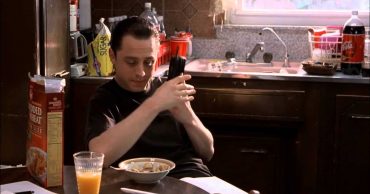
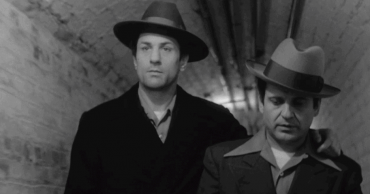

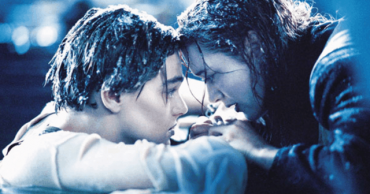
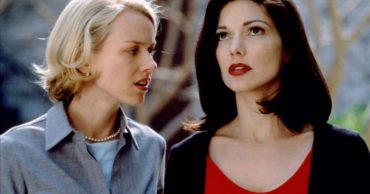
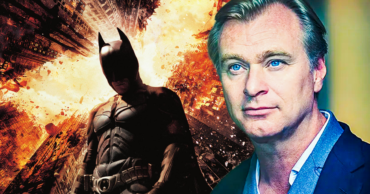
Amazon’s LotR series is set in the Second Age, thousands of years before the War of the Ring. This article is trash.
Pretty sure he was mentioning the fact that it’s been close to twenty years since the movies came out and wasn’t commenting on the timeline of the overall story. But if you don’t like the article, write a better one.
Mr. Bacon is clearly writing about Amazon Prime’s upcoming LotR series, and just as clearly has done zero research into the show. Don’t bag on me for calling him on it; that’s his own fault.
There’s a polite way to do things such as pointing out inaccuracies and then there’s the other way, that’s all.